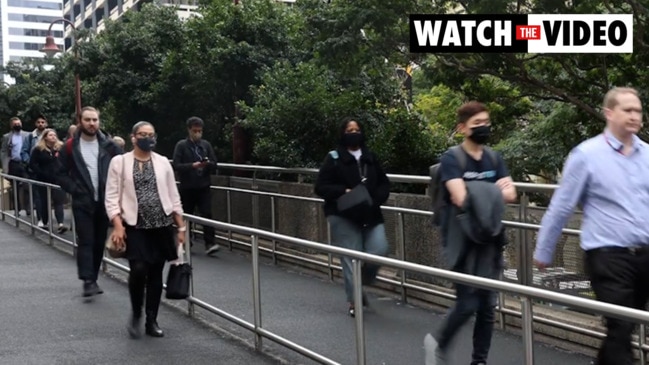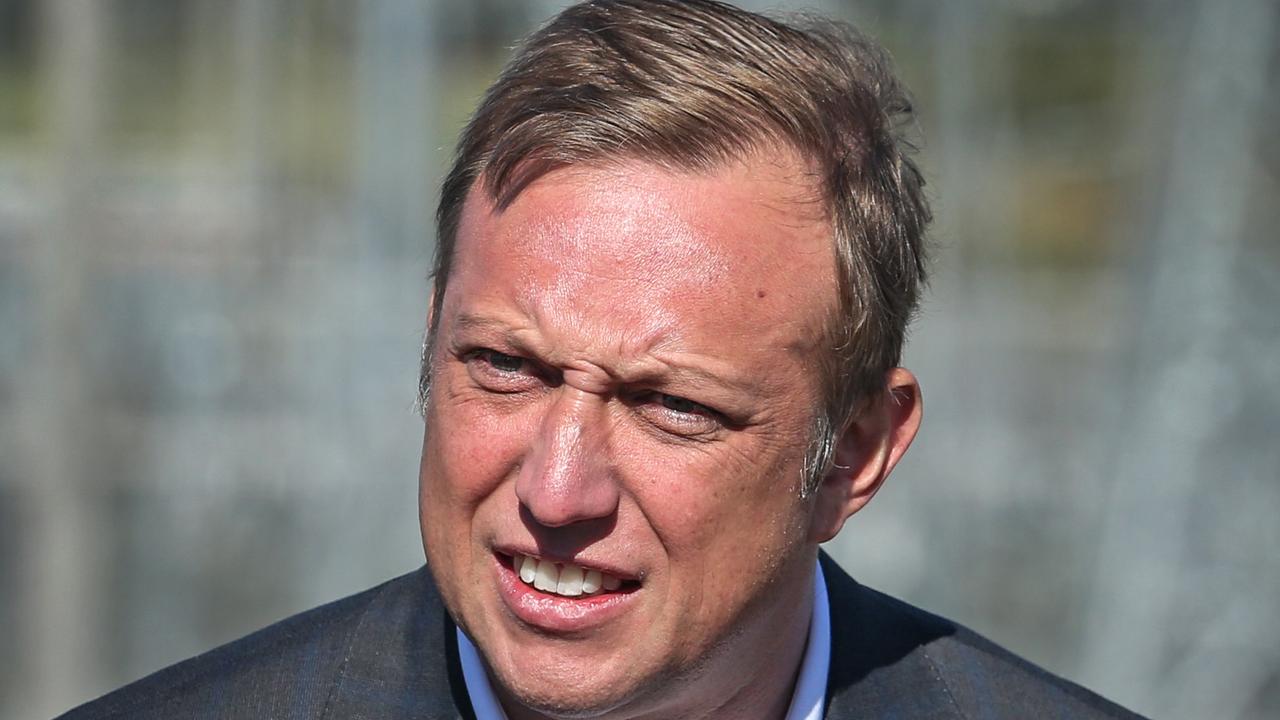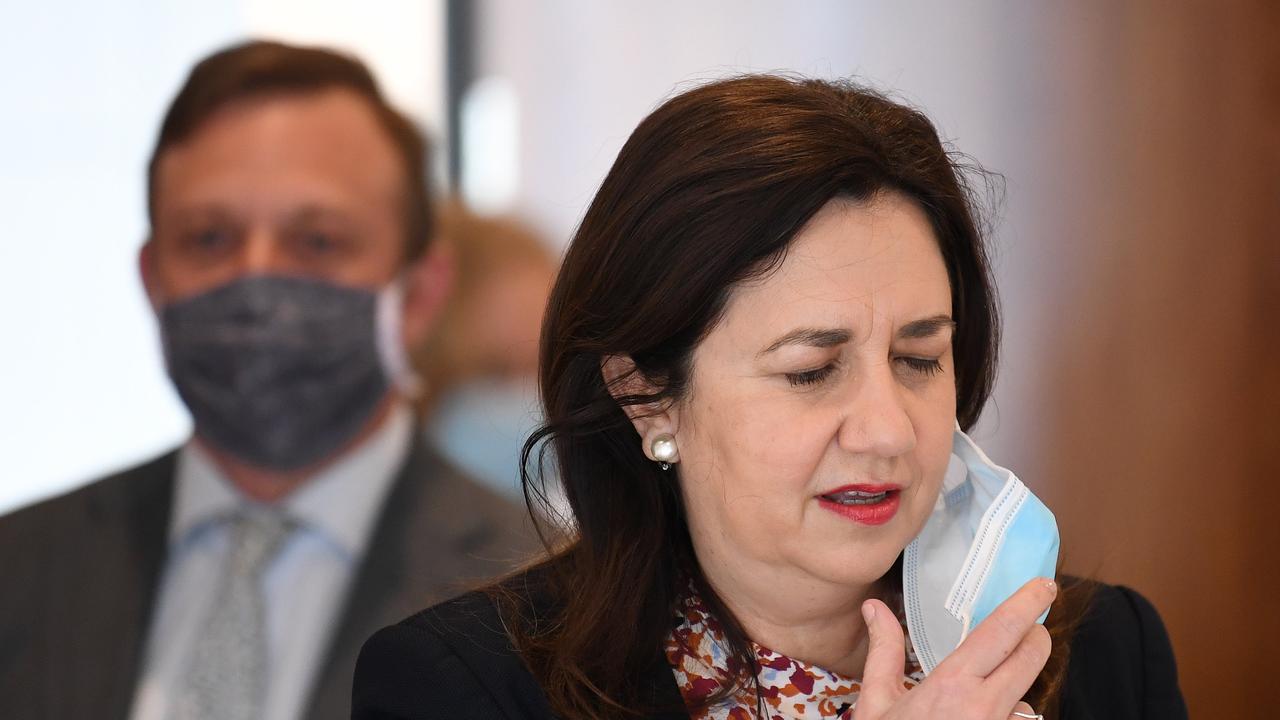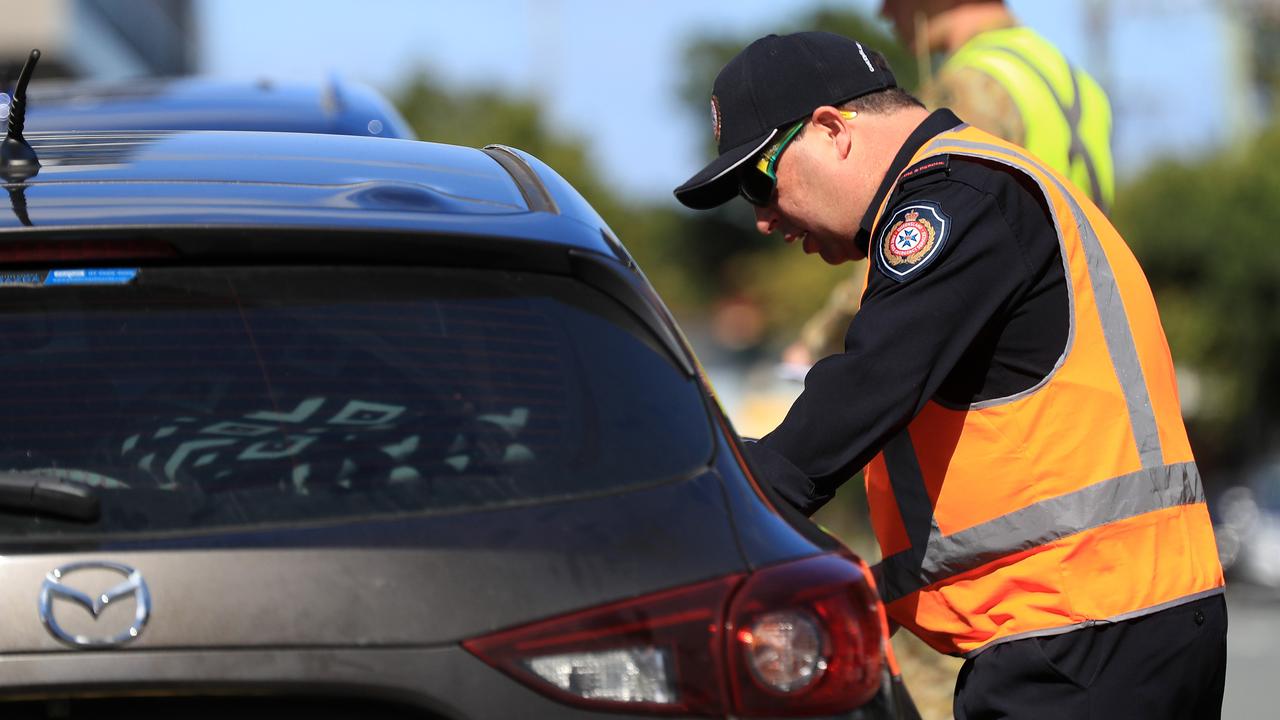Qld Covid-19: State government says work from home advice has not changed
There are still no concrete answers for employees confused about working from home amid the latest Omicron wave.

QLD Coronavirus News
Don't miss out on the headlines from QLD Coronavirus News. Followed categories will be added to My News.
The State Government says the official advice on working from home during the current Omicron wave has not changed.
Speaking to the media this morning, Deputy Premier Steven Miles said advice from the federal government remained the same.
“Go to work unless you’re sick or in a vulnerable category – The federal government has not told their own staff to work from home,” he said.
“But I urge anyone who’s sick to stay home and get tested.
“We’ve been criticised for (public health measures) from both those who think we’ve gone too far and those who didn’t think we went far enough, but we have always steadfastly taken the health advice and the advice we have right now hasn’t changed.”
Mr Miles said “the situation continues to change, the virus continues to change, the protective barrier of immunisation continues to change”.

“And that’s why we continue to have new advice about boosters – the strongest mandate measures were always designed to be in place to protect people until we had a vaccine.”
With most Queensland hospitals operating at Tier 3 pandemic response, Mr Miles said “there are different trigger points within that surge planning that would trigger different actions” from individual hospital and health systems.
“And while this is undoubtedly a very significant load on the system, it is well within the range of expectation for our hospitals,” he said.
“As you would expect, our hospitals are prepared for every eventuality, even the most unlikely – And so there are measures in place at different thresholds dependent on the load on the hospital”.
“ It’s not purely dependent on the number of beds and also includes the number of ICU treatment spaces, the number of staff off sick are furloughed. So all of those things need to be taken into account.”
Federal health minister Mark Butler today said WFH decisions should not be made “unilaterally” by employers.
Chief Medical Officer Paul Kelly, in his statement yesterday, said the advice included employers allowing work from home “if feasible” over the next few weeks amid the worsening third Omicron Covid-19 wave.
“Employers should review their occupational health and safety risks and mitigations, and their business continuity plans,” Prof Kelly said.
“They should consider the feasibility of some employees working from home, wearing masks in the workplace and support employees to take leave when sick.”
Mr Butler, speaking in Melbourne, was asked about situations where employees expressed a preference to work from home but employers were still encouraging coming into the office.
“Employers should be engaging with their employees. They should – in good practice this should not be a decision employers take unilaterally,” he said.
“They should be engaging with their employees, that is the best approach to work health and safety and together coming to a view about the extent to which working from home arrangements on a very temporary basis could be put in place.”
Meanwhile, Treasurer Cameron Dick has defended the State government’s spending on promoting the economy ahead of a lagging vaccination rate.
Speaking on the Gold Coast on Wednesday, Mr Dick said Queensland had led the world in the response to the pandemic, despite our vaccination booster rates sitting well below other states.
“We’re really delighted by Queensland’s response to Covid-19,” he said.
“We had the best health response in the world and that’s led to the best economic response.
“Our economy is roaring ahead.
“We’ve still got the challenge of coming out of the pandemic (but) we handled the virus better than almost anywhere else.
He blamed the previous federal government for issues over the vaccine roll-out and said “we’ve done our bit” in promoting vaccination booster rates.
“We’ve done our bit as a state,” he said.
“We’ve got to reinforce that message – if you’re eligible for that booster please get your booster.
“We have to do both – we have to support our health response and our economic response.”





